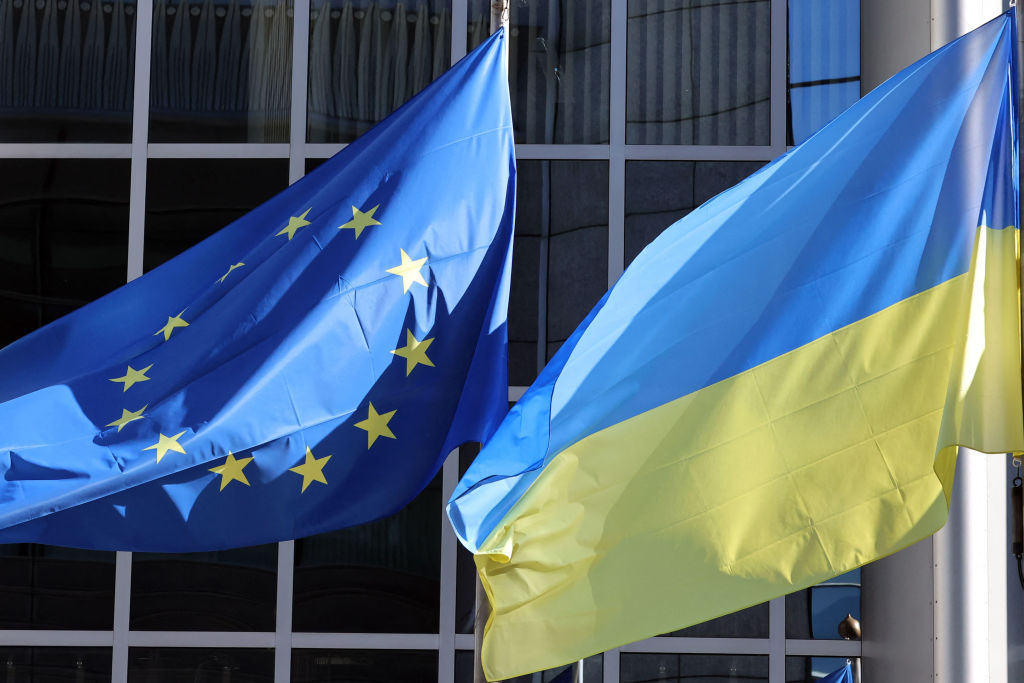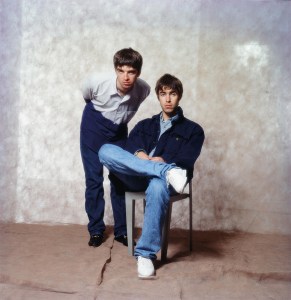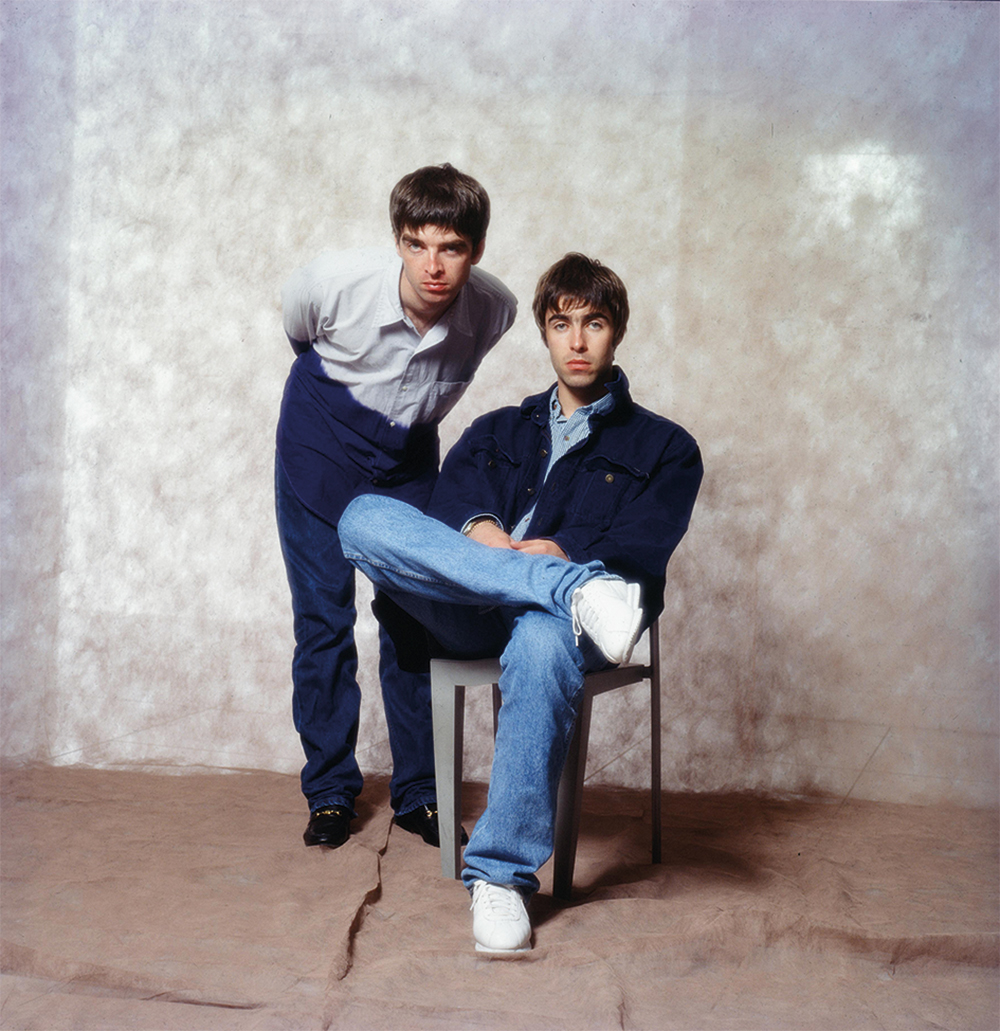The West wakes up
As Lenin probably didn’t say, “there are decades when nothing happens and weeks when decades happen.”
The last seven days have felt like such a week. Vladimir Putin’s naked aggression and Ukraine’s heroic resistance have shocked the West into action and, in doing so, transformed the world. Only a few days ago, Joe Biden was cool on some of the harsher sanctions being discussed and European leaders were squabbling over carve-outs from the package of punitive measures being prepared for Russia. But, in the last seventy-two hours, all that has changed.
Galvanized by Ukrainian bravery and Russian folly, Europe and America have reached for the toughest sanctions on the table. The long-debated SWIFT ban for certain Russian was approved and soon eclipsed by bolder measures. The EU, Britain and the US have crippled the Russian Central Bank’s ability to do its job. Individual sanctions on Putin and his foreign minister Sergey Lavrov, another step ruled out by the White House earlier last week, also got the green light.
Today, the Russian economy is in crisis. The ruble has halved in value against the dollar since the start of the year. There is a run on some Russian banks. The country’s central bank has raised interest rates to 20 percent, banned the sale of securities by foreign nationals and forced exporters to sell 80 percent of hard currency proceeds for rubles. Trading has been suspended on the Moscow stock exchange. The Kremlin stated the obvious: “The economic reality has, of course, changed,” a spokesman said.
Among the cascade of policy changes that have upended assumptions about European politics: a ban on any Russian aircraft from European airspace; Finland halting its policy of not sending arms to war zones and delivering weapons to the Ukrainians, and, along with its Nordic neighbor Sweden, signaling a desire to join NATO; famously neutral, oligarch-friendly Switzerland refusing to offer a safe haven for Russian capital and pledging to freeze Russian assets; Britain promising to close loopholes that have made it easy for anonymous foreigners to hold assets in UK shell companies. The list goes on.
Most significant, however, is the impact of the crisis on Germany. Long a freeloader on US defense spending and an addict to Russian energy imports, Europe’s largest economy has finally seen the error of its ways. In an extraordinary reversal of the direction set by his predecessor Angela Merkel, German chancellor Olaf Scholz yesterday pledged to meet his country’s 2 percent NATO defense spending obligations and announced a one-off €100 billion fund to deliver an immediate boost to German security. On energy, things haven’t changed with quite such whiplash-inducing suddenness, but German ministers have announced plans for two liquid natural gas terminals and floated the possibility of allowing domestic coal and nuclear plants to run longer.
(Here in Washington, the administration seems less ready to accept the energy consequences of the crisis. Jen Psaki said yesterday that any calls to increase US fossil fuel production in light of Russia’s invasion of Ukraine were “a misdiagnosis of the problem.”)
The ramifications of Putin’s war will be wide-ranging and grave. The most immediate and important consequence is the tragedy in Ukraine. Widening the lens, the world is a more dangerous place than it was a week ago.
But if it’s possible to identify a silver lining to such a dark cloud, one is that Europe might finally be doing what successive US presidents have hoped they would do, and taking their responsibility for their own defense more seriously. NATO, declared “braindead” by Emmanuel Macron only a few years ago, has been given a new sense of purpose. If Putin gambled on Western disunity, then that bet appears not to have paid off. The Europe of a week ago doesn’t exist any more. Something else is in its place. And when it comes to crafting an American strategy for the more hostile world we find ourselves in, that continental transformation is an important piece of the puzzle.
*** Sign up to receive the DC Diary in your inbox on weekdays ***
Is he running?
Donald Trump came awfully close to an explicit indication that he will have a second run at the White House in 2024 on Saturday. In his CPAC speech in Orlando — otherwise a trot through the former president’s familiar repertoire — Trump said: “We did it twice and we’ll do it again. We’re going to be doing it again, a third time.” At another point in the speech he referred to Melania as the “future first lady.”
That might not constitute an official announcement, but, taken literally, those words would suggest that Trump 2024 is on. The problem, of course, is that Trump will be sure to tease the country — both loyalists at CPAC and his fiercest opponents — with strong hints at a presidential bid whether he has made his mind up or not. Plus, the former president’s exceptionally strong position versus other Republican contenders means he can afford to jump into the race as late as he likes. Don’t expect the will-he-won’t-he game of tease to end any time soon.
While we’re on the subject of CPAC, the results of its 2024 straw poll: Trump, 59 percent; Ron DeSantis, 28 percent; Mike Pompeo, 2 percent.
Masks off, fences up for SOTU
The masks are coming off on the Hill — just in time for the State of the Union. Nancy Pelosi has lifted the masking requirements for the House floor. It is a welcome, if overdue, return to normal. Unlike last year’s speech, tomorrow night’s joint address will be open to all members of Congress (though they will have to take a Covid test in advance), and we may actually see some of the pageantry that Americans associate with the occasion.
But if things will look fairly normal inside the chamber, the outside of Congress is another matter. Security fencing is going back up on the Hill. In a temporary return to the measures imposed after January 6, the barriers are back and hundreds of national guard will be deployed to the Capitol ahead of Biden’s address.
What you should be reading today
Leon Hadar: Biden’s confusion over sanctions
Harry J. Kazianis: Yes, Russia could use nuclear weapons
Peter Van Buren: No, China isn’t about to invade Taiwan
Sadie Gurman, Wall Street Journal: Bill Barr urges the GOP to move on from Trump
Jonah Goldberg, the Dispatch: Yada yada-ing tyranny
Francis Fukuyama, American Purpose: Ukraine, looking backward and forward
Poll watch
President Biden Job Approval
Approve: 40.8 percent
Disapprove: 54.6 percent
Net approval: -13.8 (RCP Average)
Voters’ support for economic sanctions against Russia
Support: 67 percent
Oppose: 20 percent
Voters’ support for economic sanctions against Russia if it means higher energy prices
Support: 51 percent
Oppose: 32 percent (Washington Post-ABC)

























